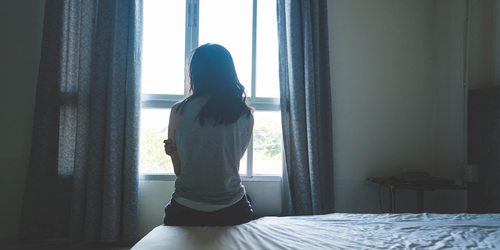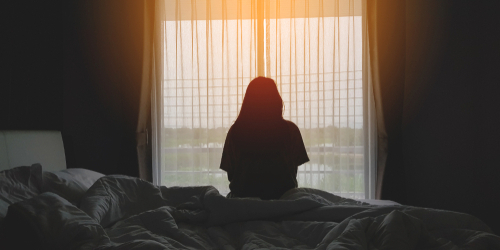Prostitution: the hidden injustice no-one is talking about
Commercial Sexual Exploitation
This week political parties have released their manifestos, chock-a-block with shiny pledges designed to capture our attention and votes.
At CARE, we’ve summarised what they say on some key Christian issues on our bespoke election website, engaGE19.
Yet even as our national media is flooded with slogans and soundbites, one injustice remains in the shadows. The commercial sexual exploitation of women across the UK.
Today is the International Day for the Elimination of Violence against Women, a day to draw attention to the violence and exploitation faced by women around the world.
It is estimated that there are 72,800 people in prostitution across the UK and the majority of these people are women.
The reasons for people entering into prostitution are varied but a report by the Home Office in collaboration with the University of Bristol found that many enter because of significant financial pressure. One woman said about why she entered prostitution:
“I was in a desperate financial situation, no parents to support me and about to become homeless”
Once in the prostitution industry, 61% of women experience violence from buyers and 68% of women show signs of post-traumatic stress disorder. This industry legitimises and breeds violence against women and it is essential that these harmful impacts of prostitution are recognised and tackled.
The demand for sexual services also encourages the trafficking of women and girls for sexual exploitation. According the NRM Statistics, 63 per cent of female victims are trafficked into prostitution.
The 2015 Modern Slavery Act included a commitment to tackling the “market” that facilitates labour exploitation, yet it made no commitment to tackle the market which facilitates sexual exploitation.
The UK should follow many other countries in adopting laws which make it a criminal offence to purchase sex, known as the Nordic Model. This law was first introduced in Sweden in 1999, where it has been seen to have a significant impact in reducing demand for prostitution.
We should provide more services to help women to exit prostitution. Women struggle to exit prostitution as their vulnerability and complex needs lock them into a cycle of debt and deprivation. For women to successfully build a new life they need support to sort through the issues and make positive choices about their future.
Amidst all the noise our political parties are making this election, they remain shamefully silent on fighting the sexual exploitation of women and girls.
Ask your local candidates how they intend to eliminate the sexual exploitation and women and girls.
This article was written by CARE's Public Policy Team.



Share story
Prostitution: the hidden injustice no-one is talking about